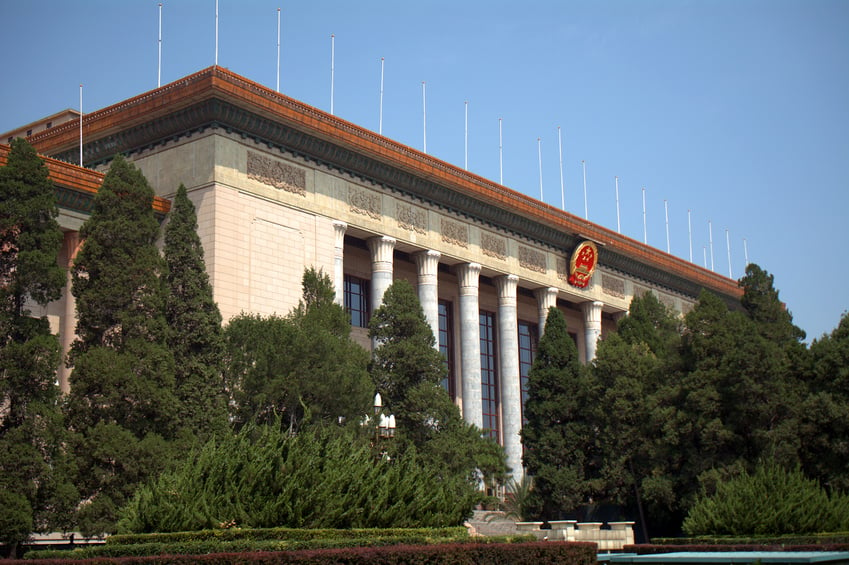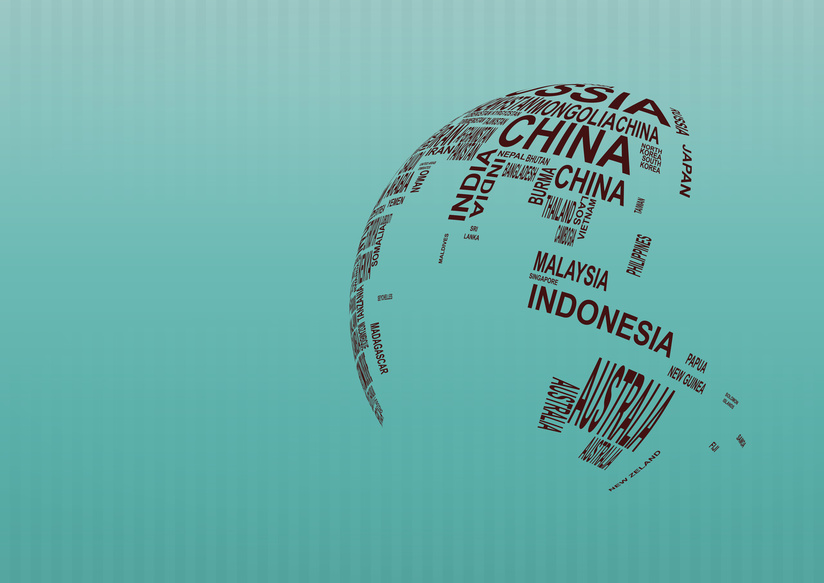China has introduced a new tax reporting regime requiring internet platforms—both domestic and overseas—to regularly report tax-related information to Chinese authorities. This move, under State Council Decree No. 810 and STA Bulletin [2025] No. 15, aims to close tax loopholes and enforce compliance. Platforms must now implement robust systems to meet these obligations, with significant implications for data privacy and cross-border data transfers.
On 15 October 2015, Mofcom and the European Commission entered into a best practices framework for cooperation in reviewing mergers. The framework marks growing cooperation between regulators handling multinational transactions. Find out what this means in practice.
The White House issued a “Fact Sheet” summarizing the outcome of the meetings between President Xi and President Obama with respect to areas in which the United States and Chinese governments agreed “to work together to constructively manage our differences” and decided “to expand and deepen cooperation.”
Although internal whistleblower complaints have long played an important role in the Chinese government’s anti-corruption campaign against government officials, these complaints have recently become a significant concern and challenge for many multinational companies operating in China.
China’s Ninth Amendment to the PRC Criminal Law was adopted on 29 August 2015 and becomes effective on 1 November 2015. The Ninth Amendment introduces stricter measures on bribe-givers. Under this new regime, individuals and organizations involved in corrupt activities will also be subject to tougher sanctions.
It is our pleasure to present the first edition of Baker McKenzie’s Global Overview of Anti-Bribery Laws Handbook (“Handbook”). Given the success of last year’s Overview of Anti-Bribery Laws in EMEA, we have now expanded our coverage to legislation and developments in 47 jurisdictions this year. We appreciate that it…
This article provides a brief overview of the recent anti-corruption developments in the Asia-Pacific region in the first half of 2015. As a whole, the region has seen an increase in enforcement actions. Whilst much of this can be attributed to the continued heightened enforcement of the Foreign Corrupt Practices…
The tables summarize the main topics of the antitrust and competition laws in Asia Pacific. For more information, visit our page “Antitrust Laws around the World”. Country Regulatory authority Key regulation Merger Control Prohibition on abuse Australia Australian Competition & Consumer Commission Competition and Consumer Act 2010 Yes Yes China…
Baker & McKenzie has published its 2015 Asia Pacific Antitrust & Competition Law Guidebook. The Guidebook brings together a summary of commentary on competition laws from 13 Asia Pacific jurisdictions: Countries included in the Guidebook Australia China Hong Kong India Indonesia Japan Malaysia New Zealand Philippines Singapore Taiwan Thailand Vietnam Since releasing…







